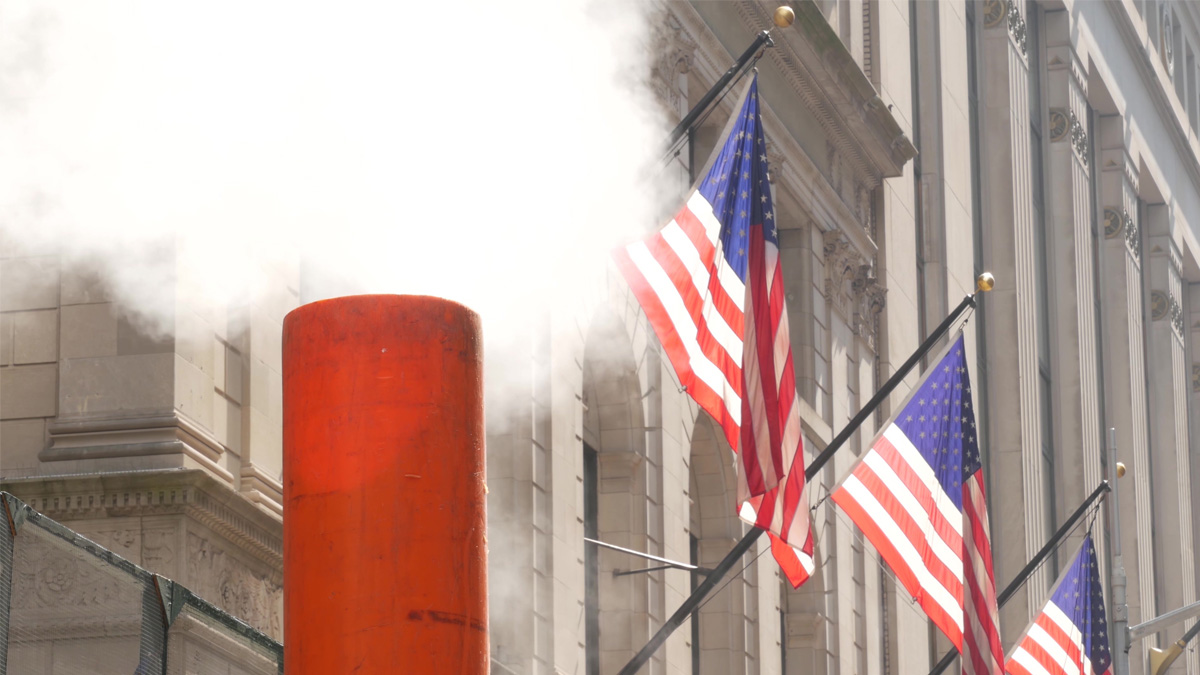The tragedy behind one angel’s public success
Angel investor and entrepreneur Peter Cowley talks about how his business success has come despite enormous personal tragedy

Peter Cowley has, as he puts it, lived a life of extremes. On one hand, he’s had a hugely successful 40-year career as a founder, entrepreneur and investor. On the other, he has experienced great personal tragedy. Plus, following a cancer diagnosis in 2021, he is dying.
Cowley wrote his first book, The Invested Investor, in 2018. It draws on his four decades of experience as an entrepreneur and angel investor. The Cambridge-based angel has founded a dozen companies, including Camdata, a supplier of terminals for traffic light controllers. He has also invested in more than 75 early-stage tech businesses, the most successful of which was James and James Fulfilment, which returned all the money he’d ever invested in start-ups.
But Cowley is not just about the successes. One of the tabs in the menu of his website reads ‘exits & failures’. Clicking on it reveals, in detail, the companies he has invested in. It includes the 20 exits but also the 21 failures, with detailed explanations of what went wrong. He doesn’t have to do this, but he feels this transparency is important.
Watch our exclusive interview with Peter Cowley here
That is a mantra that he applies to all aspects of his life. He has been through unspeakable tragedy, including the loss of two children to suicide. He is also living with a terminal cancer diagnosis. In 2021 he was told he had lung cancer that had already metastasised to his brain, bones, lymph system and other organs. Nine months ago, he was given 18 months to live but remains optimistic that medical advances will allow him to live to 70 and beyond (he is currently 68).
Cowley estimates he has seen more than 14,000 pitch decks in his career yet made only 75 investments. What is it that made those companies stand out? “At the stage in which I invest, which is very early, maybe they only have a pitch deck that’s not even a minimum viable product yet,” he says. “I look at the people. I strongly feel that you have an introduction slide and then you have a slide about the team. Unfortunately, in too many cases, they forget the team altogether. My mantra is we invest in people with a plan, rather than a plan with people.”
Cowley also loves entrepreneurs who are a little rough around the edges: “Raising capital early is the easiest part of growing a business. Somebody who is charismatic can sell well, but there’s no guarantee they can execute well on the growth of the business. I would rather invest in entrepreneurs that tried before and failed but are open and honest about the failure.”
Although Cowley’s professional life has been a success, in his personal life he has experienced profound tragedy. Aged 23, he was working for software company Logica and living in London with his wife-to-be when his brother, who had been in New Zealand, had to return to the UK for chemotherapy. He passed away not long after.
Cowley believes his brother would now survive the disease, given the advances in medical technology. “I closed up a bit,” he recalls, “I was a middle-class male in the 70s. The grieving didn’t really start until some years after he died.”
He turned to alcohol in the 1990s in what he now refers to as his “lost decade”. Cowley hasn’t had a drink in 24 years, but he attributes his recovery with giving him a foundation to deal with catastrophe. It also helps him deal with regret. “It is not a good emotion, because you cannot do anything about the past,” he says. “You can take the past, analyse it, learn from it and not repeat mistakes, or do things differently, but you can’t change the past.”
This way of thinking is particularly poignant when he recalls the tragic suicides of two of his three sons: Ian in 2009 and Alan in 2022. “The things I’ve thought about my two sons who died… What could I have done? What should I have done? That could be so consuming that I could end up in a situation where, God forbid, I might be thinking about taking my own life or picking up another drink.”
Cowley’s mindset is almost intoxicating. In person, he radiates positivity when these unfathomable events would break most. He attributes this to post-traumatic growth. “With the assistance of others and some internal processing,” he says, “I’ve redirected my grief into other things and being busy. Not being busy doing something internal but being busy helping others.”
If the doctors are to be believed, Cowley will be lucky to still be alive by the end of this year. The drug he takes that will hopefully help him beat the odds was developed in his adopted hometown of Cambridge by pharma firm AstraZeneca. Such a diagnosis would have been too much for many, but Cowley is determined to make the most of the time he has left. He’s been to Antarctica, scaled the Rocky Mountains and completed two half marathons. However, it’s not the big adventures he’s most looking forward to.
“I’m spending quality time with very close friends,” he says. “We’re doing some unusual things. For instance, I’m doing a butchery course with one and I’m doing a train trip through Switzerland with another. We’re not saying goodbye, because I might do it again next year, but it’s a matter of having that quality time because, in the end, life is about relationships.”
Whether through his prior work as the president of the European Business Angels Network or chair of the Cambridge Angels, he truly believes in the power of relationships. Those roles mean he has been a mentor to around 1,000 people. So, what advice does Cowley have for leaders?
“You’ve got to grow faster than the business is growing,” he says, “otherwise, you won’t be the CEO for the whole journey because you will either move aside yourself or you will be moved aside. A great business leader is someone who runs a great business that is culturally sound, profitable and doing something good for society.”
Cowley has just published a new book Public Success, Private Grief that addresses themes of business, alcoholism, cancer and loss. It is not easy reading, but it is worth it, especially as £2 from each sale will be donated to Papyrus, a charity dedicated to the prevention of young suicide. Cowley has lived an extraordinary life – and has an attitude we could all learn something from.



